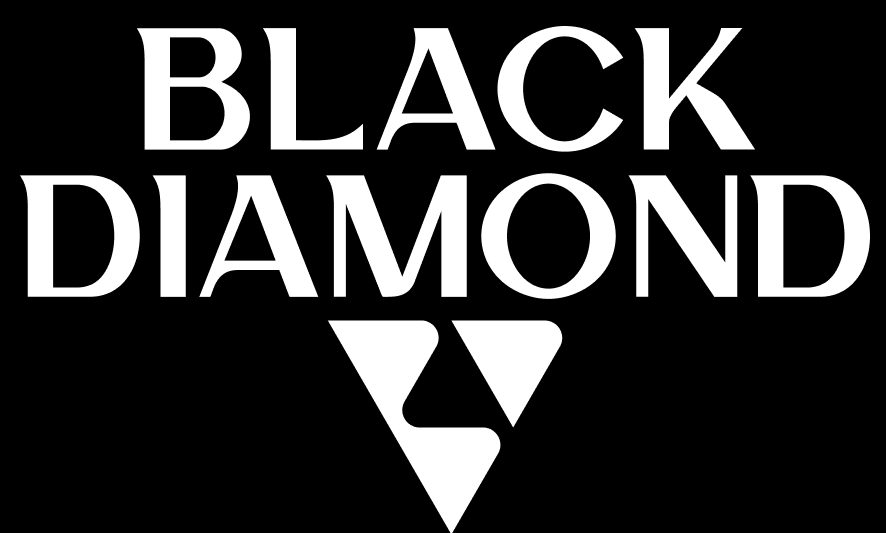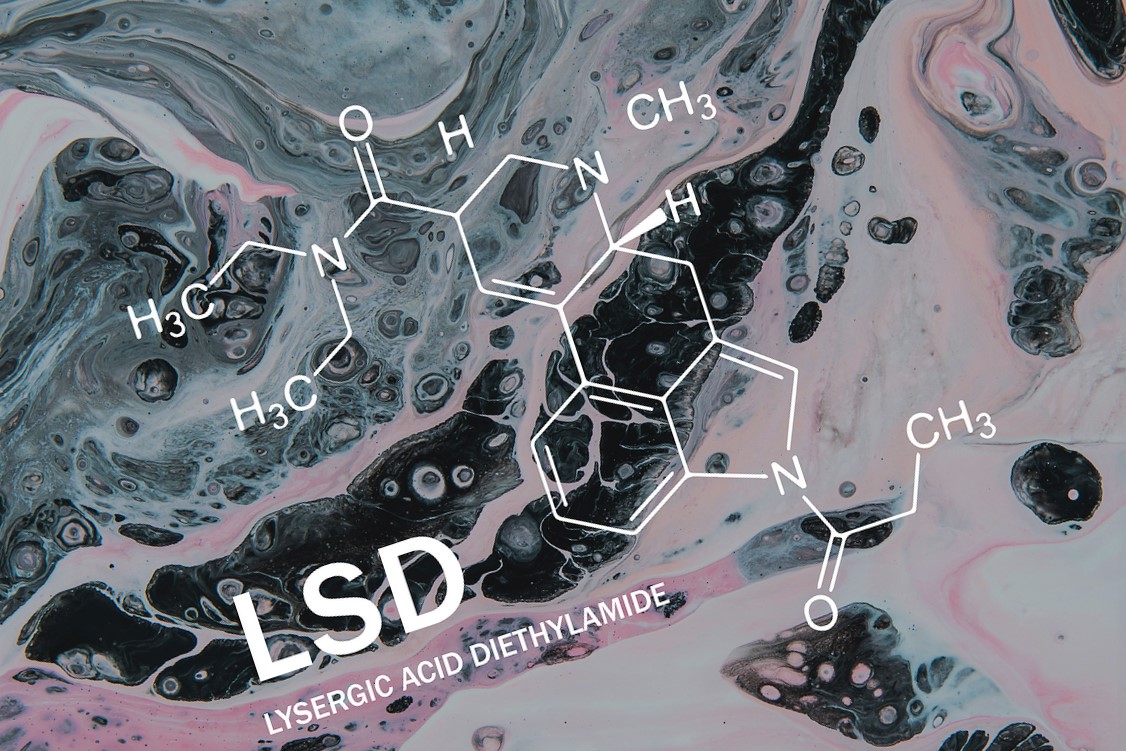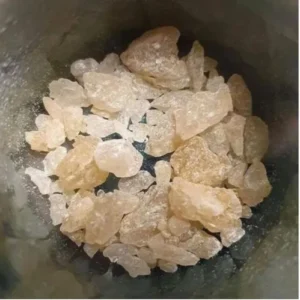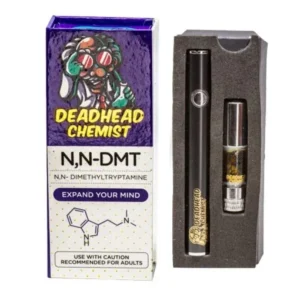LSD For Sale | Buy LSD | Where To Buy LSD | Buy LSD Online
LSD Blotter: Most people are more familiar with lysergic acid diethylamide’s abbreviation of LSD than its full name. It is a powerful drug with hallucinogenic properties that was originally derived from a fungus called ergo that grows in the wild on grasses and rye. Tiny amounts of LSD are needed to give rise to its effects, usually less than 70 micrograms.
The history of LSD
LSD is a powerful hallucinogenic drug that was first synthesised by Swiss Chemist Albert Hoffman in 1938 who was trying to create new medicines. He was the first person to experience an LSD trip by mistake when experimenting in his lab.
During the 1950s and 1960s, doctors tried to use LSD to help some patients with significant mental illnesses. They tried to use it to help them recall their repressed feelings and thoughts. The US military also tried using it as a “truth drug” during enemy interrogation, but this was unsuccessful. From the 1960s onwards, people began experimenting with the drug for pleasure.
Use of LSD today | LSD Blotter
It is known for its ability to produce profound changes in perception, thought and mood. It is classified as a serotonergic psychedelic, which means it affects the serotonin receptors in the brain.
LSD is typically consumed orally either in the form of a small paper square soaked in LSD solution or as a liquid dropped on the tongue. The effects of LSD can last anywhere between six and 12 hours and can include changes in visual perception, auditory hallucinations, an altered sense of time, and changes in mood and thought processing. LSD can also produce deep mystical or spiritual experiences and/or create a heightened sense of anxiety and paranoia.
LSD is powerful and produces profound changes to a person’s perception, thoughts and mood. It is not considered to be addictive in the way that stimulants and opioid drugs are.
LSD does not produce a physical dependence or withdrawal symptoms that are commonly associated with some illegal drugs. Also, normally, LSD users do not develop a tolerance to it, meaning they do not require increasing doses of the drug for it to continue to have the same effects.
Having said that, LSD can produce powerful psychological effects that some people find compelling or even addictive in the sense that they feel a strong desire to experience the feelings again. However, LSD can be unpredictable and cause significant distress in the user, even provoking psychosis or mental health problems in some people. So, although it is not addictive as such, its use still has far-reaching consequences.
For these reasons, LSD is a controlled Class A drug in the UK under the Misuse of Drugs Act 1973. It is illegal to both possess it and supply it and is not available for medicinal use. The maximum penalty for possession is 7 years’ imprisonment and a fine, and for supply and production it is life imprisonment and a fine.
Short- and LSD Long Term Effects
LSD users often talk about having a “good trip” or a “bad trip”. What they are referring to here is the short-term effects of LSD use that happen within about 30 minutes to hours after initially taking the drug.
Short Term Effects Of LSD Blotter
The short-term effects of LSD can be intense.
They include:
- Alterations in perception, including visual and auditory hallucinations, distorted sense of time and space, and synaesthesia – a blending of sensory experiences.
- Intense emotions such as feelings of euphoria, empathy or anxiety.
- Physical effects such as an increased heart rate, high blood pressure, dilated pupils and nausea.
- Altered thoughts, including a distorted sense of reality, irrational thoughts and difficulty concentrating.
LSD And The Search For God
During a bad trip, a person may experience some disturbing physical symptoms such as intense sweating, nausea, rapid heartbeat, confusion and panic attacks. They may also have intense visual and auditory hallucinations that can be overwhelming and frightening.
Some factors that contribute to a bad tip include:
- Taking a high dose of LSD.
- Using LSD in an unsafe or unfamiliar environment.
- Being in a stressed or negative emotional state before taking LSD.
- Having a pre-existing mental health condition such as anxiety or schizophrenia.
If someone experiences a bad trip whilst on LSD, it’s important to seek medical attention if necessary and provide a safe and supportive environment for the person. This may involve calming them down, reassuring them that they will be okay and helping them to ride out the effects of the drug.
In some cases, medication may be necessary to manage the symptoms of a bad trip. Once a person has taken LSD, there’s no going back until it wears off. Waiting it out can take a while and this is particularly disturbing if they are having a bad trip.
A ”good trip”
Not everyone who takes LSD will have a bad trip. Many people have what they call a “good trip” and have positive experiences with the drug, even describing it as a life-changing experience that enhances their spirituality, creativity or sense of connectedness with other people.
A “good trip” is a colloquial term used to describe this positive or enjoyable experience that people covet when taking LSD. During a good trip, a person may experience a heightened sense of perception; colour and textures may seem more vivid and sounds may seem more intense and beautiful. They may feel a sense of unity with their surroundings and feel more empathetic towards others.
Where To Get LSD Blotter
Some say that a good trip can be characterized by a sense of personal growth and insight. Many people describe feeling like they have gained a new perspective on their life or the world around them. They may feel more introspective and reflective and may be able to confront personal issues or challenges more positively and constructively. Pleasurable experiences are much more likely when the person is feeling calm and is in a safe environment.
However, as we’ve made aware, not everyone who takes LSD will have a good trip. The effects of LSD can be unpredictable and factors such as dose and setting, and personal emotional state, can all influence the experience. Indeed, a person may experience “good” and “bad” during the same trip.
Long Term Effects Of LSD
Whether or not a person has a good trip or a bad trip when taking LSD, there are some important long-term effects that users of the drug should be aware of.
The long-term effects of LSD are not yet fully understood but research so far has suggested that prolonged use of the drug may increase the risk of:
1. Persisting perceptual changes
Some users may continue to experience visual and other sensory disturbances such as flashbacks long after the effects of the drug have worn off.
2. Psychiatric disorders
LSD use may increase the risk of developing psychiatric disorders such as depression, anxiety or psychosis, particularly in individuals who have a history of mental illness.
3. Impaired cognitive function
Some studies have suggested that long-term LSD use may have negative effects on cognitive function such as attention, memory and problem-solving.
4. HPPD
Hallucinogen Persisting Perception Disorder (HPPD) is a rare condition in which users continue to experience visual disturbances long after they have stopped using the drug.
Risks of LSD Blotter use
We’ve already discussed the risks of experiencing a “bad trip” and other potential long-term effects of LSD use, but there are also some other serious risks that should be considered.
Aside from the physical side effects associated with LSD use, overdose is a very real and dangerous possibility. An overdose of LSD blotter can cause a range of symptoms and can be dangerous and even fatal in extreme cases. The exact effects of an overdose can vary depending on the individual, the amount of LSD they have taken as well as other factors.
- Severe hallucinations and delusions.
- Extreme panic and anxiety.
- Paranoia and fear.
- Rapid heart rate and increased blood pressure.
- Nausea and vomiting.
- Sweating and chills.
- Confusion and disorientation.
- Seizures and convulsions.
- Coma or unconsciousness.
The ultimate risk of LSD use is death. This is not only due to the physical effects that LSD has on the body but also as a result of hallucinations and disorientation. LSD overdose increases the person’s risk of accidents and injuries. They may be unable to make sensible and rational decisions.
However, there is no defined “lethal dose” of LSD and it is unlikely to cause death by itself. That said, an LSD overdose is still very dangerous and can cause long-lasting psychological effects.
LSD is not considered to be an addictive substance in the same way as other Class A drugs such as heroin. This is because it does not lead to physical dependence or withdrawal symptoms. However, it is possible to become psychologically addicted to the drug and a user may experience cravings for the positive experiences they have when taking it.
Treatments for LSD addiction or dependence typically involve therapy and counselling to address the underlying psychological factors that may be contributing to drug use.
Some treatment options for LSD addiction may include:
- Cognitive behavioural therapy (CBT)
CBT is a type of therapy that helps individuals identify and change negative thought patterns and behaviours that may be contributing to drug use. You can find out if CBT may benefit you or your loved one here. - Motivational interviewing
This approach focuses on helping individuals explore their motivations for using drugs and helping them develop strategies to overcome barriers to recovery. - Contingency management
This involves providing rewards or incentives for positive behaviour such as attending therapy sessions or remaining drug-free. - Group therapy
Group therapy can provide a supportive environment for those in recovery, allowing them to connect with others who are going through similar experiences. - Family therapy
Family therapy can help individuals in recovery repair and strengthen their relationships with loved ones, who can provide crucial support during the recovery process. - Medication-assisted treatment (MAT)





Reviews
There are no reviews yet.